Budget needs revision: Parly
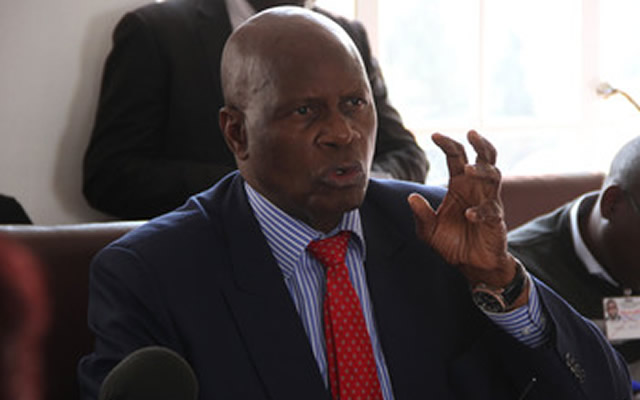
Prosper Ndlovu, Business Editor
TREASURY should prioritise funding key sectors that drive the economic growth of the country and review the 2017 national budget allocations in line with the broader macro-economic objectives as set out under Zim-Asset.
In a report tabled in Parliament on Wednesday, the Finance and Economic Development Portfolio Committee led by Cde David Chapfika, said Finance Minister Patrick Chinamasa failed to channel more funding to key economic ministries in his budget statement.
“The committee notes with concern that ministries that drive sectors that are key to economic growth (Agriculture, Industry and Commerce, Mines and Mining Development as well as Small to Medium Enterprises and Co-operative Development) did not receive adequate funding reflective of the thrust of pushing production frontiers,” said the committee.
In the budget statement, Minister Chinamasa had allocated $18,5 million to the Industry and Commerce portfolio, which accounts for 0.45 percent of the total $4,1 billion budget while the agriculture sector, the backbone of the country’s economy, was allocated $292.6 million. The SMEs portfolio, despite being the fastest growing, was allocated $6,1 million, which accounts for 0.15 percent of the total budget while the leading exporter and foreign exchange earner — the mining sector — was allocated $5,3 million. “The committee is of the view that allocations to these ministries should be reviewed in line with the focus of the 2017 budget of supporting productive sectors,” said the committee.
It also noted that the sharp rise of unallocated reserves in the Ministry of Finance and Economic Development vote from $5 437 million in 2016 to $106 million (2.59 percent of the budget) in 2017 require an explanation.
The committee said the projected 1.7 percent growth target, while feasible, was still “too low” given that the Government targets an average growth of 7.9 percent under Zim-Asset as ideal for poverty reduction and that it falls below the population growth rate of three percent.
It stressed the need to streamline recurrent expenditure, which at 91 percent of employment costs to total expenditure, remains a cause for concern, crowding out capital and social spending. The committee said exaggerated successive budget revenue estimates tend to fuel more spending requests and indirectly appear to drive overall deficit and consequent borrowing. It commended the 2017 revenue projection of $3.7 billion as realistic enough to plug revenue leakages.
Considering anticipated expenditures of $4.1 billion against projected revenue collections of $3.7 billion, Zimbabwe already has a financing gap of about $400 million this year, which is 2.7 percent of GDP.
“This undesirable situation is exposing the country to a number of risks, which include domestic debt trap and accumulation of arrears to salaries and service providers, among others,” said the committee.
For purposes of sustainability, the committee said the $281.9 million allocation to the Ministry of Health and Child Care needs revision in light of the fact that health is a basic and fundamental human right. “Approximately 79 percent of the ministry’s (health) budget will go towards salaries, a clear indication that the country has entrusted development partners to fund procurement of drugs and medical equipment, among others. Moreover, the allocation falls short of the Abuja declaration threshold of 15 percent of total budget and the WHO per capita health expenditure of $34,” said the committee.
It further recommended that during peace and tranquillity periods, some of the defence forces be deployed in infrastructure development projects as well as technical assistance in Government departments saying this will have a positive impact on the high defence allocation. The committee, however, criticised the allocation to Parliament of $30.7 million saying the figure was a far cry from the requirements of legislators.
“Parliament needs at least $48 million broken down as $10.5 million CDF, arrears to MPs of over $9 million, $10.3 million salaries over and above programmes and other recurrent expenditure requirements,” it said.
It is the committee’s view that the budget could have made provisions to support the monitoring and evaluation processes of Zim-Asset, which is in its penultimate implementation year so that the outcome will inform future national economic blueprints.
Connecting Zim-Asset implementation with the prioritised Sustainable Development Goals (SDGs), which Zimbabwe, among other 200 family of nations, adopted at the 70th session of the United Nations General Assembly, is among the key recommendations.

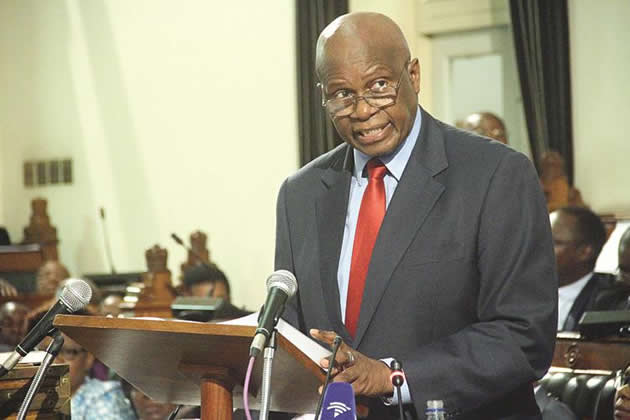


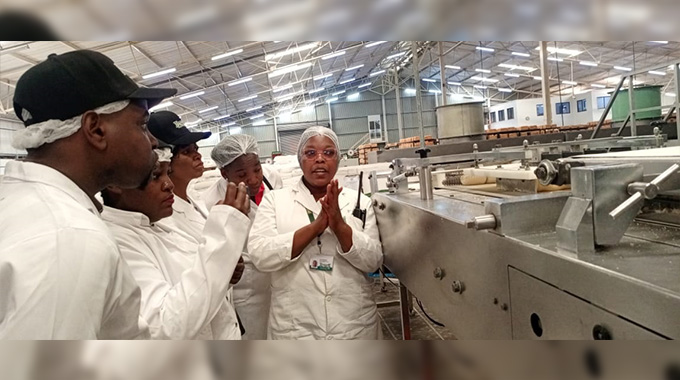
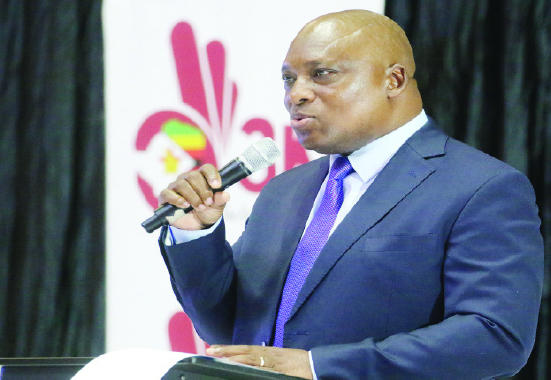
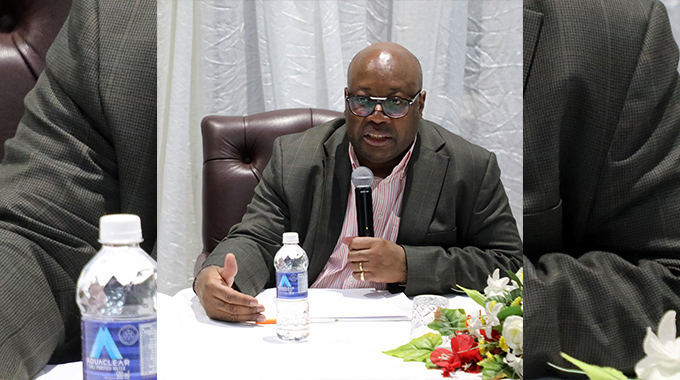




Comments